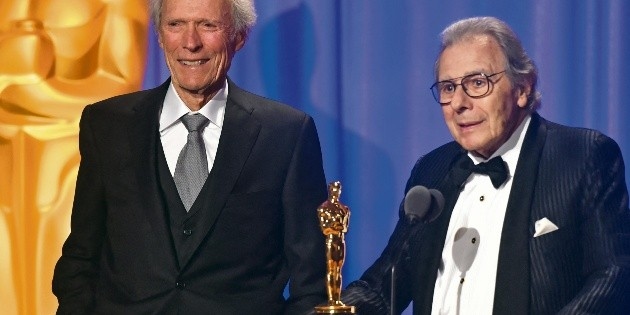Ábalos and my mother

José Luis Ábalos testified before the Supreme Court on Monday. It has emerged that when the judge asked him about the recordings that incriminate him, the former minister replied that he did not recognize himself "neither in the voice nor in the content." Experts immediately diagnosed Ábalos's attitude as that of someone taking refuge in the hypothesis of manipulation of the recordings and in the increasingly widespread resort to attributing any incriminating evidence to artificial intelligence. In fact, AI has become a central topic of current events both for positive reasons and for its criminal or irresponsible use.
Former Transport Minister José Luis Ábalos upon his arrival at the Supreme Court
Jesús Hellín - Europa Press / Europa PressFrom a narrative perspective, I admit that Ábalos inspires more curiosity in me than other politicians in the socialist orbit. And it's partly because of this voice, which the alleged defendant claims not to recognize. Before being devoured by the scandal, Ábalos was already shining in the realm of slurred voices, steeped in nicotine and that insomnia that can't always be attributed to work. A Joaquin Sabin-esque voice, to put it mildly. Even when he had to explain himself about the case dubbed Delcygate (a late-night meeting with the vice president of Venezuela at Barajas Airport), Ábalos displayed the nocturnal eloquence of a Jesús Quintero interviewee, in which his tone didn't resolve the enigmas his story suggested. Perhaps that's why, when President Pedro Sánchez dismissed him, a rumor circulated that, upon breaking the news, Sánchez had said to him: "You already know why."
Ábalos shines in the realm of slurred voices, macerated in nicotine and insomnia.I remember this because the strategy attributed to Sánchez coincides with what my mother sometimes used to justify a punishment or a ban. The method is perverse but effective. She would tell me, "You already know why," and without needing to specify, I would have to choose what sin or infraction I had committed. And speaking of my mother, she also had trouble recognizing her own voice. When she collaborated on radio and programs gave her a cassette with her speech, she would listen to it attentively (mistake!) and end up saying, "I don't recognize my voice."
Read alsoThere are, it seems, morphological reasons that cause this mismatch between internal and external perception. When we speak, we access our sonic identity through internal channels that, after passing through the cerebral filter that familiarizes us with emotional nuances, end up defining us. When the perception is external, however, the voice seems higher-pitched and more metallic. This is a common sensation among radio operators, who often feel uncomfortable listening to themselves. In my mother's time, the contrast had a limited range. Even if it wasn't recognizable, those of us who listened knew it was her. Today, like Ábalos, she could say that her words have been altered and, accusing the AI, point her finger at it and say, "You already know why."
lavanguardia




